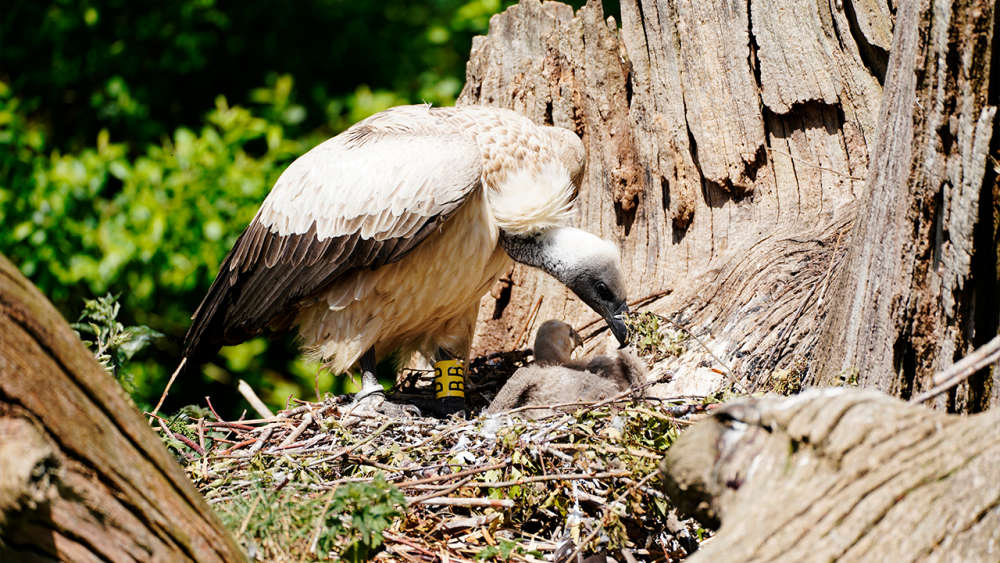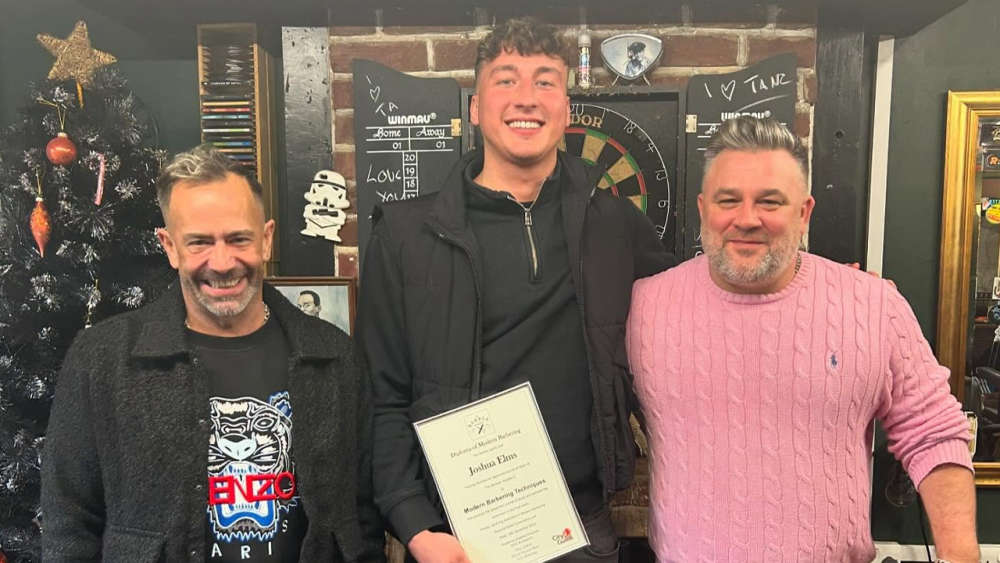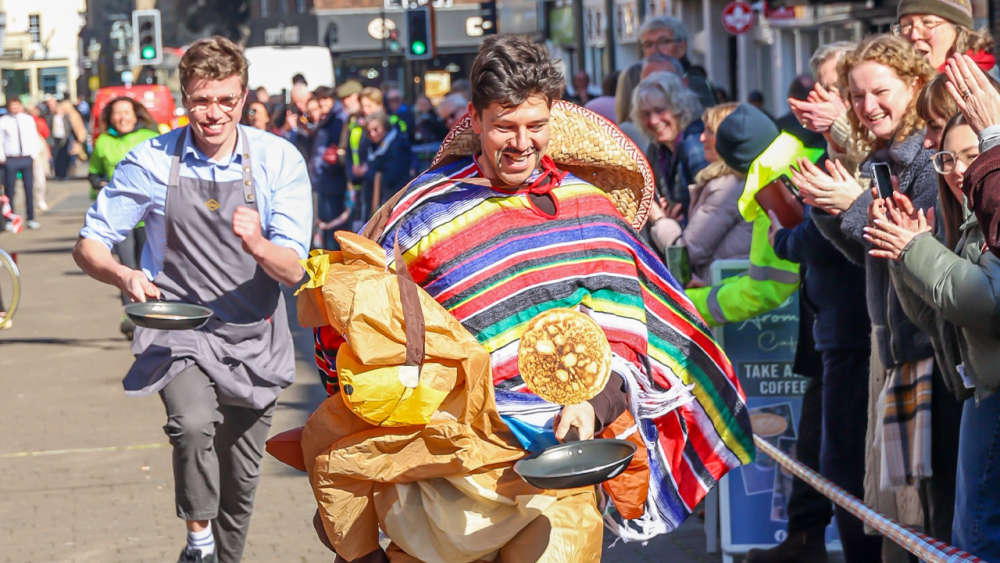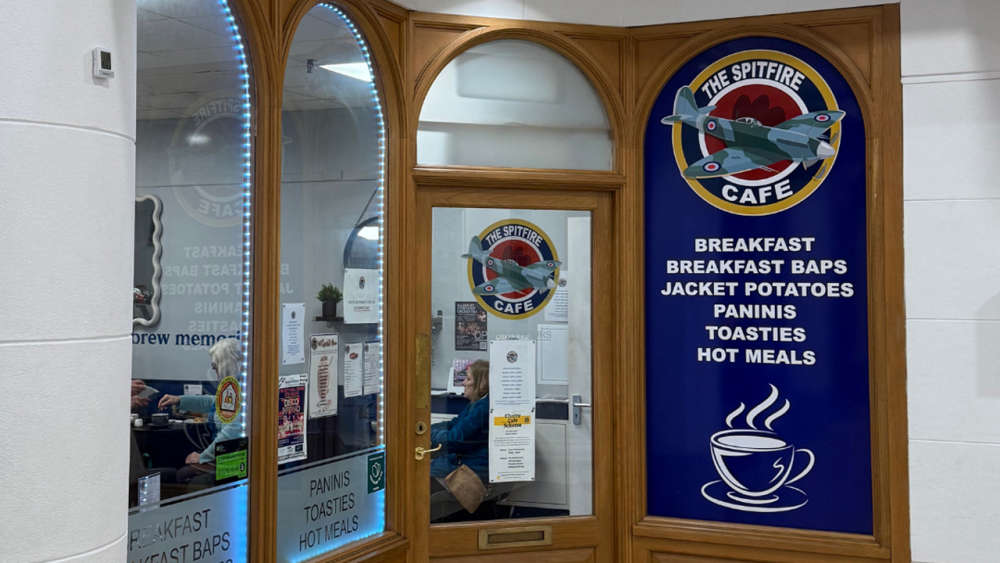
A rare African white-backed vulture chick has hatched at Longleat Safari Park in Wiltshire - the first successful arrival of its kind at the site in over a decade.
The fledgling, now just over five weeks old, remains sheltered beneath the wings of its parents in a carefully built nest, offering a glimpse of hope for a species facing a deepening crisis in the wild.
The chick’s arrival coincides with a wave of mass poisonings in its native South Africa, where hundreds of vultures have died in recent weeks, making each successful birth in captivity increasingly significant.
Globally, the population of African white-backed vultures has plummeted by more than 80% since the early 1990s, with poisoning, habitat loss, and collisions with infrastructure contributing to their sharp decline.
Keepers at Longleat provided targeted support during the incubation process, carefully managing the egg before returning the chick to the nest to be reared by both parents.
The chick’s sex won’t be known until it fledges and undergoes feather testing, but if it continues to thrive, it will become a vital addition to the European breeding programme.
Last year, only five African white-backed vultures were successfully reared within the European Endangered Species Programme, which coordinates conservation efforts across the continent. The chick at Longleat is one of them.
Matt Hardy, Lead Keeper Lakes and Birds, said: “There has been a steep decline in the numbers across the world. The global population was estimated at 270,000 individuals in 1992 but has crashed by 81% in the following 40 years.
“Poisoning such as the ones we have seen recently which have killed around 100 and 200 have been the biggest cause of declines in East Africa.
“Additional threats include loss of habitat, electrocution on powerlines, collisions with road traffic, wind energy development, therefore, to see one growing and thriving here at Longleat is an incredible experience,” he added.
The nest, which is roughly a metre in diameter and constructed from sticks, grasses and leaves, is visible in Longleat’s drive-through safari, where visitors may catch a rare glimpse of the chick under the watchful eye of its parents.
It will remain dependent on them for several months before gradually gaining independence.

 The Barber Academy Celebrates Ten Years
The Barber Academy Celebrates Ten Years
 The International Salisbury Pancake Race Returns for 2026
The International Salisbury Pancake Race Returns for 2026
 Bishop of Salisbury to Commission Eight Volunteer Chaplains for the LGBTQIA+ Community
Bishop of Salisbury to Commission Eight Volunteer Chaplains for the LGBTQIA+ Community
 Tri-County Summit Boosts Joint Effort to Tackle Rural Crime
Tri-County Summit Boosts Joint Effort to Tackle Rural Crime
 Local Voices Reveal Gaps and Solutions in Dementia Support
Local Voices Reveal Gaps and Solutions in Dementia Support
 Rock and Roll Man Interviews: Part 3 - Julian Bird & Gary Turner
Rock and Roll Man Interviews: Part 3 - Julian Bird & Gary Turner
 The Spitfire Café Brings Family Fun to Cross Keys This February Half Term
The Spitfire Café Brings Family Fun to Cross Keys This February Half Term
 Local RNLI branch seeks more volunteers
Local RNLI branch seeks more volunteers










